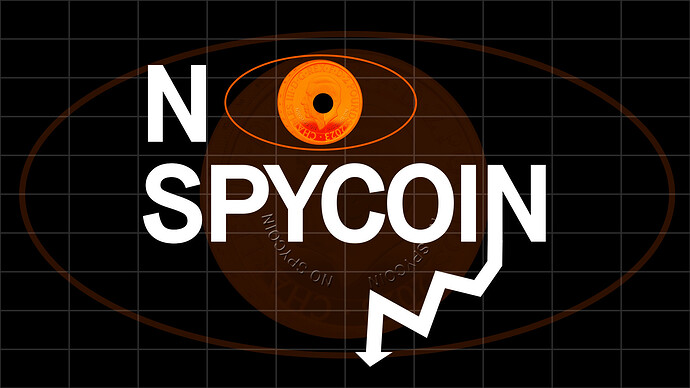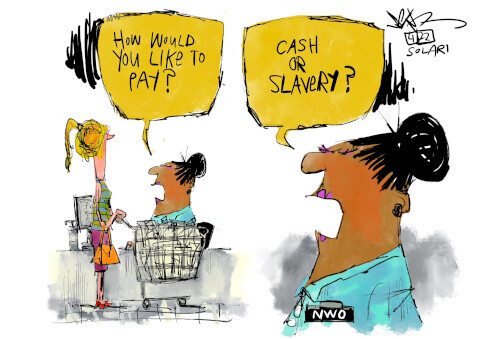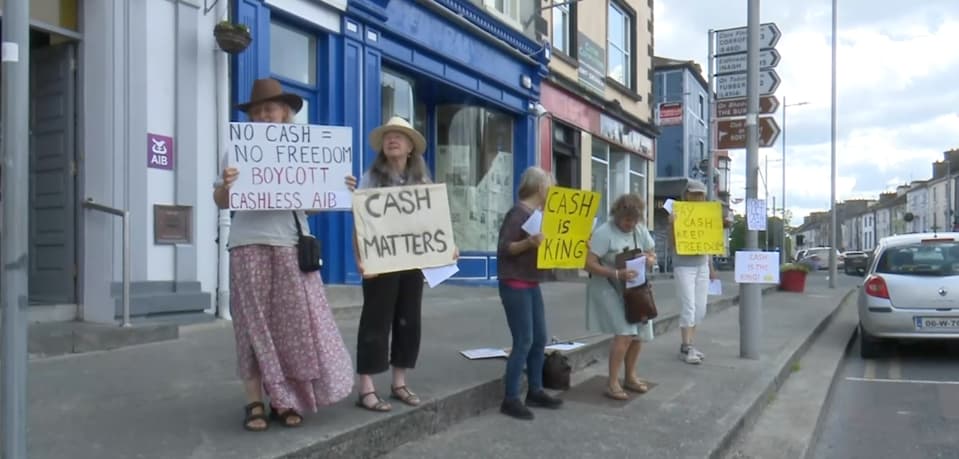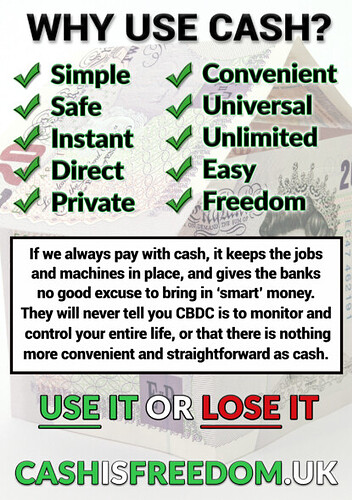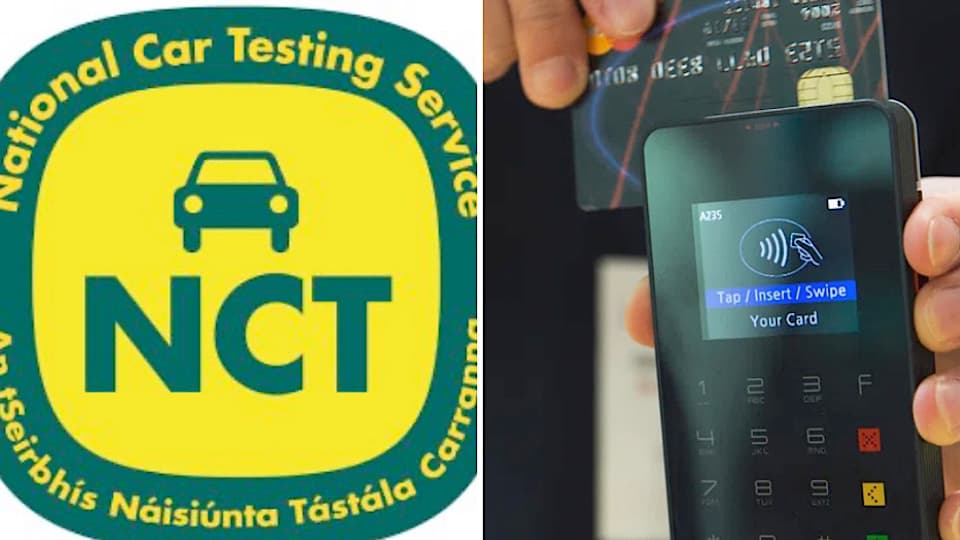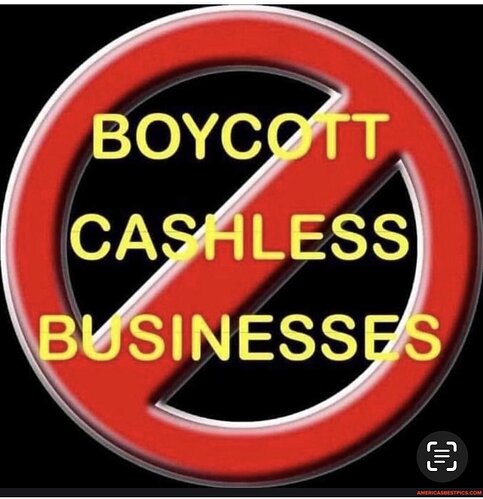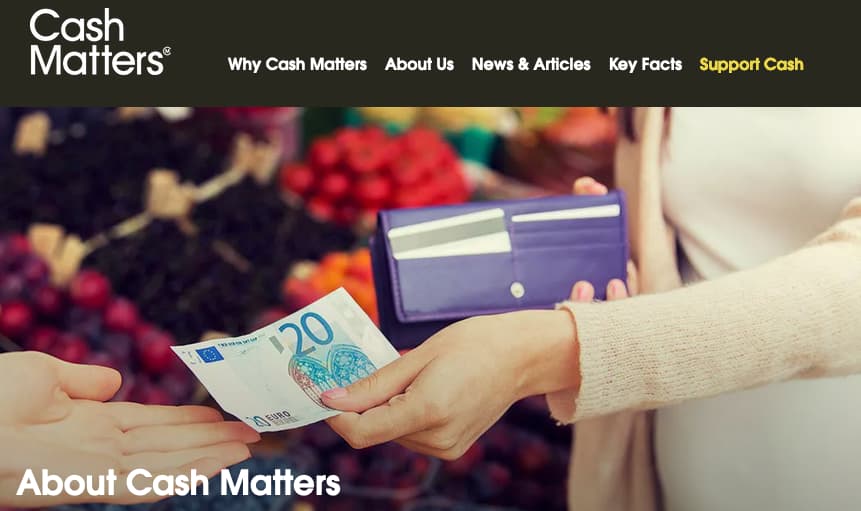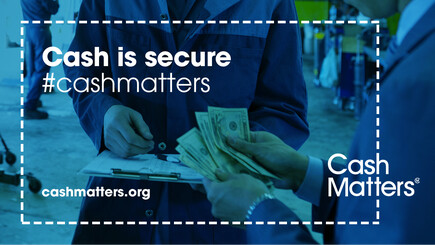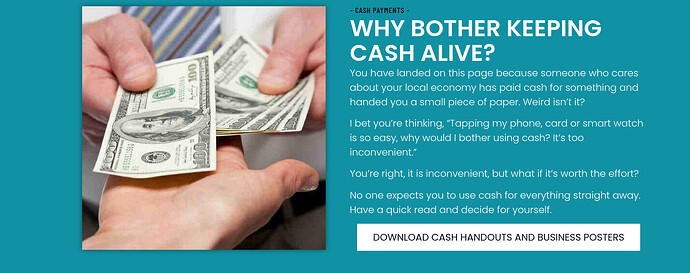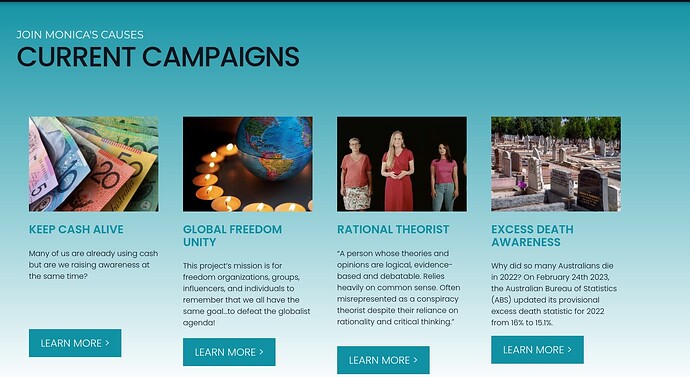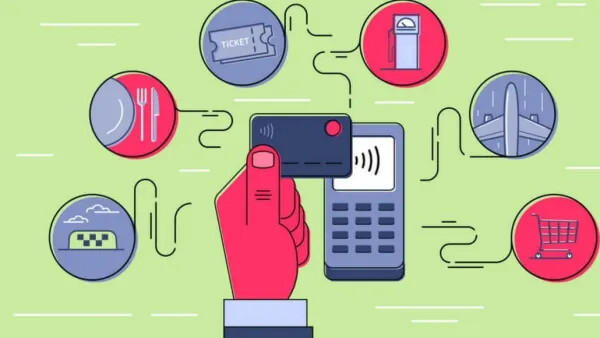FATHER'S LAWS REGARDING THE HOLY JUBILEE
- Remember the Sabbath and KEEP it Holy. It is NOT wrong to do GOOD deeds on the Sabbath. The Sabbath was made for man. Man was not made for the Sabbath.
Leviticus
25:8 And thou shalt number seven Sabbaths of years unto thee, seven times seven years; and the space of the seven Sabbaths of years shall be unto thee forty and nine years.
25:9 Then shalt thou cause the trumpet of The Jubile to sound on the tenth [day] of the seventh month, in The Day of Atonement shall ye make the trumpet sound throughout all your land.
25:10 And ye shall hallow the fiftieth year, and proclaim Liberty throughout [all] the land unto all the inhabitants thereof: it shall be a jubile unto you; and ye shall return every man unto his possession, and ye shall return every man unto his family.
25:11 A jubile shall that fiftieth year be unto you: ye shall not sow, neither reap that which groweth of itself in it, nor gather [the grapes] in it of thy vine undressed.
25:12 For it [is] The Jubile; it shall be holy unto you: ye shall eat the increase thereof out of the field.
25:13 In the year of this jubile ye shall return every man unto his possession.
25:14 And if thou sell ought unto thy neighbour, or buyest [ought] of thy neighbour's hand, ye shall not oppress one another:
25:15 According to the number of years after The Jubile thou shalt buy of thy neighbour, [and] according unto the number of years of the fruits he shall sell unto thee:
25:16 According to the multitude of years thou shalt increase the price thereof, and according to the fewness of years thou shalt diminish the price of it: for [according] to the number [of the years] of the fruits doth he sell unto thee.
25:17 Ye shall not therefore oppress one another; but thou shalt fear thy God: for I [am] the "I AM" your God.
25:18 Wherefore ye shall do My Statutes, and keep My Judgments, and do them; and ye shall dwell in the land in safety.
25:19 And the land shall yield her fruit, and ye shall eat your fill, and dwell therein in safety.
Leviticus
25:23 The land shall not be sold for ever: for the land [is] Mine; for ye [are] strangers and sojourners with Me.
25:24 And in all the land of your possession ye shall grant a redemption for the land.
25:25 If thy brother be waxen poor, and hath sold away [some] of his possession, and if any of his kin come to redeem it, then shall he redeem that which his brother sold.
25:26 And if the man have none to redeem it, and himself be able to redeem it;
25:27 Then let him count the years of the sale thereof, and restore the overplus unto the man to whom he sold it; that he may return unto his possession.
25:28 But if he be not able to restore [it] to him, then that which is sold shall remain in the hand of him that hath bought it until the year of jubile: and in The Jubile it shall go out, and he shall return unto his possession.
25:29 And if a man sell a dwelling house in a walled city, then he may redeem it within a whole year after it is sold; [within] a full year may he redeem it.
25:30 And if it be not redeemed within the space of a full year, then the house that [is] in the walled city shall be established for ever to him that bought it throughout his generations: it shall not go out in The Jubile.
25:31 But the houses of the villages which have no wall round about them shall be counted as the fields of the country: they may be redeemed, and they shall go out in The Jubile.
25:32 Notwithstanding the cities of the Levites, [and] the houses of the cities of their possession, may the Levites redeem at any time.
25:33 And if a man purchase of the Levites, then the house that was sold, and the city of his possession, shall go out in [The year of] Jubile: for the houses of the cities of the Levites [are] their possession among the children of Israel.
25:34 But the field of the suburbs of their cities may not be sold; for it [is] their perpetual possession.
25:35 And if thy brother be waxen poor, and fallen in decay with thee; then thou shalt relieve him: [yea, though he be] a stranger, or a sojourner; that he may live with thee.
25:36 Take thou no usury of him, or increase: but fear thy God; that thy brother may live with thee.
25:37 Thou shalt not give him thy money upon usury, nor lend him thy victuals for increase.
25:38 I [am] the "I AM" your God, which brought you forth out of the land of Egypt, to give you the land of Canaan, [and] to be your God.
25:39 And if thy brother [that dwelleth] by thee be waxen poor, and be sold unto thee; thou shalt not compel him to serve as a bondservant:
25:40 [But] as an hired servant, [and] as a sojourner, he shall be with thee, [and] shall serve thee unto The Year of Jubile:
25:41 And [then] shall he depart from thee, [both] he and his children with him, and shall return unto his own family, and unto the possession of his fathers shall he return.
25:42 For they [are] My servants, which I brought forth out of the land of Egypt: they shall not be sold as bondmen.
